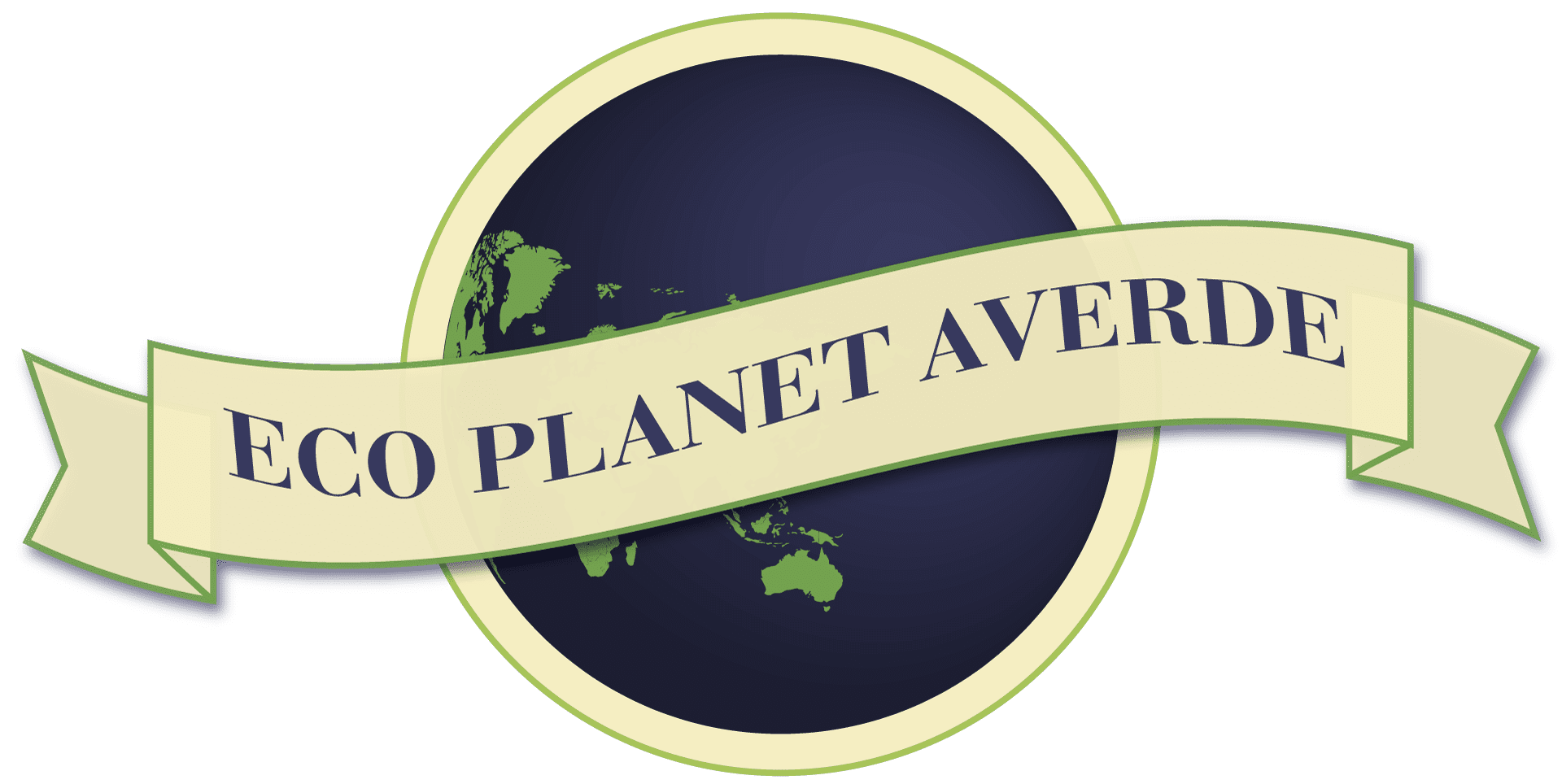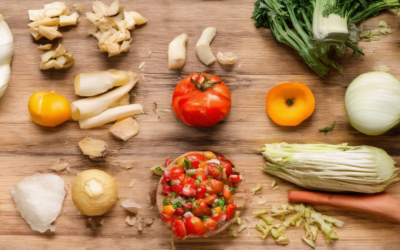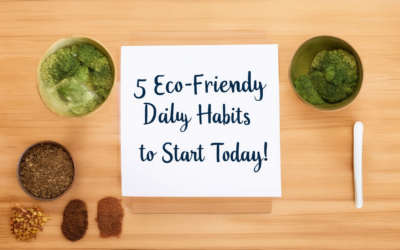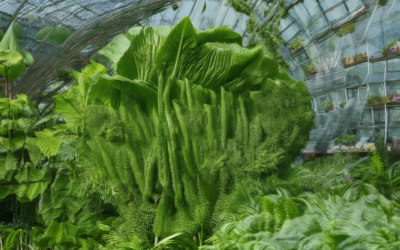A zero waste lifestyle is increasingly gaining traction as individuals and communities seek ways to reduce their environmental footprint. By adopting practices that minimize waste generation and maximize resource efficiency, a zero waste lifestyle offers a pathway to a more sustainable future. At its core, this lifestyle involves making intentional choices about the products we use and how we manage our daily habits. From reducing reliance on single-use items to embracing durable and reusable alternatives, the shift towards a zero waste lifestyle is not just about environmental responsibility—it’s about creating a cleaner, healthier, and more mindful way of living.

Example of a Zero Waste Product
Eco Planeta Verde offers a variety of innovative solutions to reduce waste in everyday life. One notable example is their selection of reusable shopping bags . These bags are crafted from durable, eco-friendly materials and are designed to last a lifetime, eliminating the need for single-use plastic bags.
Another excellent option is their sturdy produce bags . Made from thick, breathable fabric, these bags are perfect for protecting fruits and vegetables while shopping or storing them at home. Unlike plastic produce bags, they are 100% compostable and add minimal waste to landfills.
For those looking to reduce waste in the kitchen, Eco Planeta Verde provides stainless steel straws and bamboo straws . These sustainable alternatives to plastic straws are not only stylish but also long-lasting, encouraging a greener lifestyle.
Explore more zero-waste products on our website: Eco Planeta Verde
What is a Zero Waste Lifestyle?
A zero waste lifestyle is a sustainable approach aimed at eliminating waste generation, particularly household waste, through responsible consumption patterns and resource management practices.
Daily Habits
- Use reusable products like cloth napkins, water bottles, and containers instead of disposable ones.
- Shop locally and in bulk to reduce packaging waste.
- Plan meals carefully to minimize food waste and utilize every part of ingredients.
- Compost kitchen scraps and yard waste to create nutrient-rich soil.
Household Items
- Repurpose old clothing into cleaning rags or cloth wipes.
- Recycle or upcycle materials rather than discarding them.
- Use biodegradable alternatives for cleaning products and personal care items.
Food Management
- Buy only what you need and plan meals to prevent spoilage.
- Store food properly to extend its shelf life and reduce waste.
- Compost organic waste to enrich soil and support local ecosystems.
Community Involvement
- Support local businesses that prioritize sustainability.
- Participate in community clean-up drives and zero-waste initiatives.
- Join online forums or groups focused on zero-waste living.
Reducing Single-Use Items
- Avoid single-use plastics like plastic wrap and disposable cutlery.
- Use cloth menstrual products instead of disposable pads.
- Bring reusable containers for takeout food and beverages.
Hazardous Waste Disposal
Dispose of hazardous materials safely according to local regulations and environmental guidelines.
Learn more about adopting a zero-waste lifestyle

Examples of Zero Waste Foods
Zero waste foods are ingredients or parts of plants that are typically discarded but can still be used in cooking or other culinary purposes. Here are some examples:
- Carrot Tops : Edible and nutritious, perfect for soups, salads, or pesto.
- Sweet Potato Skins : Crispy and nutritious, ideal for roasting or mashing.
- Cabbage Leaves : Great for wraps, sauté, or fermenting into kimchi.
- Banana Peels : Can be dried and used as a natural sweetener or in baked goods.
- Apple Peels : Rich in pectin, perfect for making jams, sauces, or pies.
- Citrus Peels : Add zest to dishes without needing the citrus fruit itself.
- Wheat Bran : Leftover from milling, useful in baking or as a cereal base.
- Oat Hulls : Used in cooking, particularly in porridges or bread recipes.
- Rice Husks : Can be used as a natural alternative to paper or composted.
- Turnip Greens : Edible and healthy, commonly used in Southern cuisine.
- Beetroot Stems : Pickable and crunchy, adding a unique tangy flavor to dishes.
- Potato Peels : Perfect for roasting or incorporating into mashes.
- Fruit Pits : Dried and used as a nutty flavoring agent in cooking.
- Artichoke Stems : Edible and high in fiber, though tougher than the base.
By utilizing these overlooked parts of plants, we reduce food waste and maximize the potential of our ingredients. Simple swaps can make a big difference in minimizing waste while enhancing flavors.”

What Are the 5 Rules of Zero Waste?
The concept of zero waste involves creating a system where nothing goes to landfill, and every material is either reused, recycled, or composted. Here are the five essential principles to follow:
- Refuse – Refuse to buy items that you don’t need or can’t reuse. This reduces unnecessary waste from the beginning.
- Reduce – Minimize your consumption by choosing smaller portions, reusable items, and avoiding single-use products.
- Reuse – Find creative ways to repurpose items you already have rather than discarding them.
- Recycle – Recycling is the next step after reducing and reusing. Ensure your recyclables are clean and free of food residues.
- Rot – Compost organic materials like fruit peels, coffee grounds, and eggshells to create nutrient-rich soil.
Eco Planeta Verde encourages everyone to adopt these practices to contribute to a healthier planet. By embracing the 5 Rs, we can all play a part in achieving a zero-waste lifestyle. Learn more about sustainable living tips and how to implement these principles in your daily routine.
Examples of Reduce
- Using reusable water bottles to reduce plastic waste.
- Turning off lights and electronics when not in use to save energy.
- Composting kitchen scraps to reduce food waste and create fertilizer.
- Participating in local recycling programs to minimize waste.
- Avoiding fast fashion by repairing clothes instead of buying new ones.
- Reducing meat consumption in your diet to lower your carbon footprint.
- Using public transportation or carpooling to decrease greenhouse gas emissions.
- Buying locally grown fruits, vegetables, and meats to cut down on transportation.
- Minimizing the use of single-use plastics in daily routines.
- Supporting renewable energy sources in your community.

The 3 Golden Rules of Waste Management
Waste management is a critical aspect of sustainable living, and adhering to the 3R principles can significantly reduce waste generation and promote environmental sustainability. Here’s a breakdown of the essential rules:
- Reduce : Minimize the amount of waste generated by choosing sustainable products and avoiding unnecessary consumption. For instance, opt for reusable items like cloth bags or water bottles instead of disposable ones.
- Reuse : Find creative ways to repurpose materials. This includes recycling old household goods or transforming scraps into something useful, like making compost from kitchen scraps.
- Recycle : After reducing and reusing, recycle as much as possible. Ensure your community has access to recycling centers and separate recyclables correctly to maximize their value.
By following these rules consistently, individuals can contribute significantly to reducing waste and promoting a healthier planet. Remember, every small effort counts toward a larger goal of environmental stewardship.




0 Comments